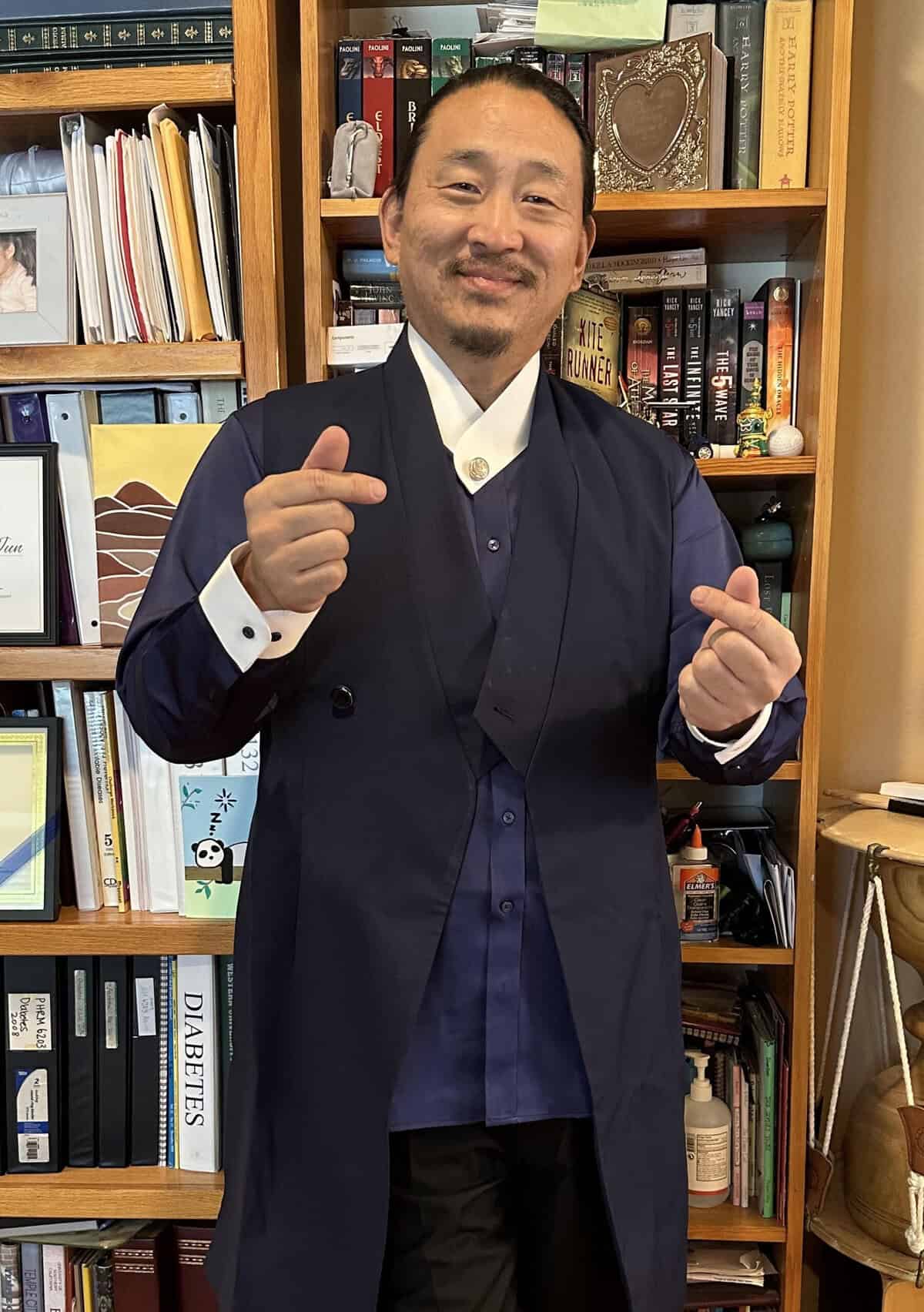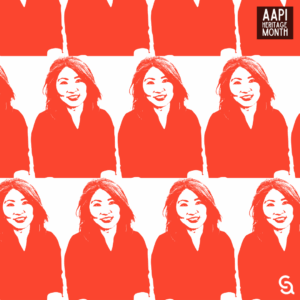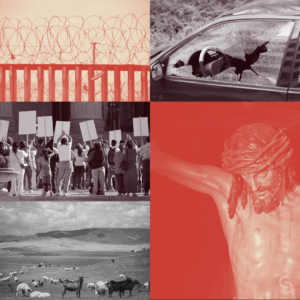 As we celebrate AAPI Heritage Month, we must acknowledge the vital role Asian American churches play in North American religious history. These stories must not be erased, overlooked, downplayed, or dismissed. Instead, they must be told, honored, and woven into the broader fabric of American Christianity.
As we celebrate AAPI Heritage Month, we must acknowledge the vital role Asian American churches play in North American religious history. These stories must not be erased, overlooked, downplayed, or dismissed. Instead, they must be told, honored, and woven into the broader fabric of American Christianity.
The Asian American church has always been here—building, resisting, and transforming syncretized faith shaped by white normative Christian practices, while also interrogating inherited practices from our homelands.
But invisibility has often been imposed on Asian American Christianity—by dominant white structures and, at times, by Asian American Christians themselves. Internalized racism, shaped by life in a society that privileges whiteness, has led many to view their own churches, theology, and cultural expressions as inferior. This erasure plays out in two prominent ways: assimilating and disowning.
Assimilation and the loss of spiritual heritage
Some Asian American Christians have been conditioned to seek legitimacy in white evangelical spaces. In doing so, they may downplay their ethnic identity, adopt white theological frameworks that dismiss lived experiences of marginalization, and remain silent on racial injustice to maintain acceptance and proximity to power.
Who defines what is considered “legitimate” faith or “serious” theology? For centuries, Western Christianity—with all its theological authority and cultural power—has set the standard. Asian American Christians, especially those raised in white-majority churches or educated in predominantly white institutions, often absorb the message that their ethnic churches are theologically shallow, overly insular, or “too Asian.”
In reality, those churches have been places of deep formation—spiritual sanctuaries that held together faith, identity, and community in the midst of cultural displacement. Erasure happens both externally and internally when Asian American Christians believe their own spiritual heritage is less faithful or less biblical than others’.
Disowning our churches is not the answer
Frustrated by the real (or perceived) limitations of immigrant churches, some Asian American Christians reject them entirely. But disowning these churches—without recognizing their resilience and contributions—often stems from internalized racism, not careful theological critique.
When Asian American Christians abandon their own communities instead of reforming or reclaiming them, they leave white normative Christianity unchallenged. Dismissing our churches as merely “ethnic” rather than Christian implies that white forms of Christianity are neutral or superior—which is both historically inaccurate and spiritually harmful.
Asian American churches are not only Christian—they are profoundly so. They are places of theological innovation, community care, and resistance to erasure. And yet, Asian American pastors, theologians, and congregations remain underrepresented in national church gatherings. Too often, Asian American leaders are conflated with international voices, reinforcing the harmful “perpetual foreigner” stereotype.
The invisibility of our communities is compounded by the “model minority” myth. We may be welcomed as quiet, hardworking, apolitical diversity hires—until we speak up about injustice. Then, we are swiftly labeled as “too political” or the “wrong kind” of Asian. These assumptions reduce our churches to sites of personal piety, ignoring their potential as hubs for social transformation.
It’s time to center Asian American Christian stories
Asian American Christianity is not a footnote—it is part of the core narrative of the American Church. And it’s time the broader Church listened.
Faith-based institutions, churches, and seminaries must do more than make space—they must amplify Asian American Christian voices. That means integrating our histories into curricula, elevating our leaders, and recognizing the theological brilliance of our communities.
The rest of the church must also interrogate the structures that have sidelined Asian American Christians for too long. Our presence matters. Our stories matter. Our churches matter.
 Alexander Jun, PhD, is Director of Intercultural Development at Serge and Research Professor of Korean American Ministry and Church Leadership Studies at Fuller Theological Seminary. He is co-founder of Khora Collective, where he serves as Chief of Strategic Partnerships and Development.
Alexander Jun, PhD, is Director of Intercultural Development at Serge and Research Professor of Korean American Ministry and Church Leadership Studies at Fuller Theological Seminary. He is co-founder of Khora Collective, where he serves as Chief of Strategic Partnerships and Development.


